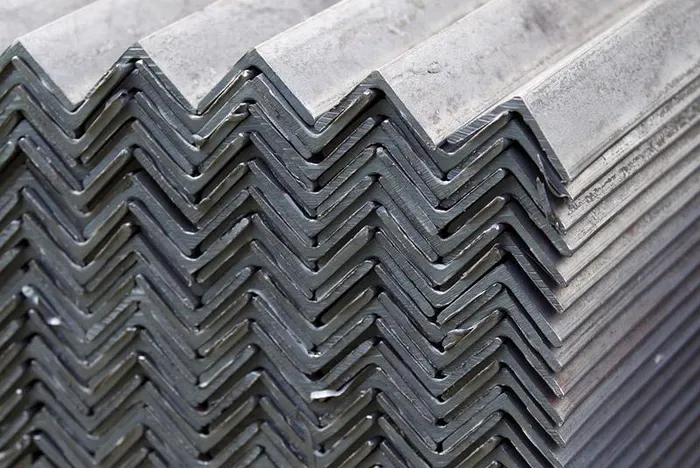
The IDC blacklisted Unica, its directors, and affiliated entities, citing violations of its Delinquent Policy.
Image: Unica Iron and Steel
Once a pillar of South Africa’s steel industry, Unica Iron and Steel (Pty) Ltd now finds itself entangled in a legal storm threatening its very existence.
At the heart of the turmoil lies a bitter dispute with the Industrial Development Corporation of South Africa (IDC), sparked by allegations of immigration violations, financial misconduct, and misrepresentation. The controversy began with an anonymous tip-off to the IDC.
The whistleblower alleged disturbing human rights abuses at Unica’s Babelegi, Hammanskraal facility, including claims of human trafficking, modern slavery, and the employment of roughly 100 Indian expatriates with expired or fraudulent visas.
Prompted by these claims, the IDC launched a forensic audit, which unearthed a series of troubling irregularities.
The audit report was damning. It revealed the employment of undocumented foreign workers, misappropriation of millions of rands, and questionable transactions involving related entities such as KGN Engineering, Unica Plastics, and Unica Textiles.
Payments totalling R6 million to KGN Engineering between June and November 2023 were deemed irregular, and the IDC accused the company of using labour brokers to dodge immigration regulations.
In response, the IDC blacklisted Unica, its directors, and affiliated entities, citing violations of its Delinquent Policy.
The backlash was immediate. Unica’s Managing Director, Mohammed Asif Qasim, firmly denied the allegations. He blamed administrative delays by the Department of Home Affairs and lingering COVID-19 disruptions for any compliance lapses. Qasim stressed that Unica had always sought to operate within the law and was actively engaging with government departments to resolve the issues.
Despite these assurances, the fallout was swift and severe. The Department of Home Affairs raided Unica’s premises shortly after the IDC’s report.
Officials reportedly found several undocumented workers on-site, strengthening the case against the company. With Unica’s name blacklisted, clients began to waver. Gavin Marshall, a senior manager at major industry player Macsteel, voiced concerns about continuing the supplier relationship, reflecting the unease spreading through the sector.
Unica, however, was not prepared to go down without a fight. In early February 2025, the company filed an urgent application in the High Court, seeking interim relief from the IDC’s decision. The court granted a temporary interdict, preventing the IDC from listing Unica and its directors on the delinquent register pending a full judicial review. This legal lifeline, though, did little to repair the reputational damage.
At its height, Unica Iron and Steel employed over 1 100 people and was a critical contributor to the local economy. Its rapid growth and consistent delivery had earned it respect across the industry. But the storm of allegations has cast a long shadow over its legacy.
Now, as the legal proceedings unfold, the company’s future hangs in the balance. The outcome of the judicial review will not only determine Unica’s fate but may also redefine how development finance institutions and industrial players navigate the complex terrain of compliance, ethics, and accountability.
Van de Merwe Attorneys, on behalf of Unica Iron and Steel, responded: “At the outset, we state that our client denies any wrongdoing on its part. The aspects that you require our client to respond to formed the subject of an urgent court application brought by Unica Irion and Steel against the IDC.
''The result of the urgent application was that the IDC consented to remove the name of our clients from its delinquent list pending the outcome of a review application to review the decision of the IDC.
''We received confirmation from the IDC that the names of all the applicants had been removed as per the court order. We enclose a copy of the court order for your.''